"To view the emergency measures to save the country as an act of civil war to destroy the country is to put our constitution and legal system at serious risk," Yoon said in his address to the nation broadcast by YTN.
He also said that he does not understand how constitutional measures taken "in absence of any other option" may be interpreted as a mutiny. Yoon added that he used his power to impose martial law in order to "protect the nation and normalize state affairs," also calling the decision a "highly calibrated political judgment."
The opposition tried to present him as a criminal and if such powers come to power in South Korea, they may cause serious damage, the president added.
"Now the opposition is jeopardizing the security of the country and the citizens... it is not clear whose party they are and whose country this parliament is," Yoon said.
He also vowed to fight against impeachment.
"I will fight together with the people to the end... Whether I am impeached or a probe is launched, I will stand up to it with integrity," the president said.
"Later in the day, Han Dong-hoon, the leader of South Korean ruling People Power Party, called for supporting Yoon's impeachment as the party's position despite earlier backing the president's voluntary resignation.
On December 3, Yoon declared martial law, claiming that the opposition was sympathizing with North Korea and plotting a "rebellion." The parliament defied the presidential declaration and voted to lift the martial law. The office of the speaker of the parliament, Woo Won-shik, said that the president's declaration of martial law was invalid following the lawmakers' vote. Shortly after, Yoon lifted the martial law and apologized to the nation. The president was later banned from leaving the country amid an investigation into the botched martial law, while former Defense Minister Kim Yong-hyun was arrested as part of a probe into a potential treason case.

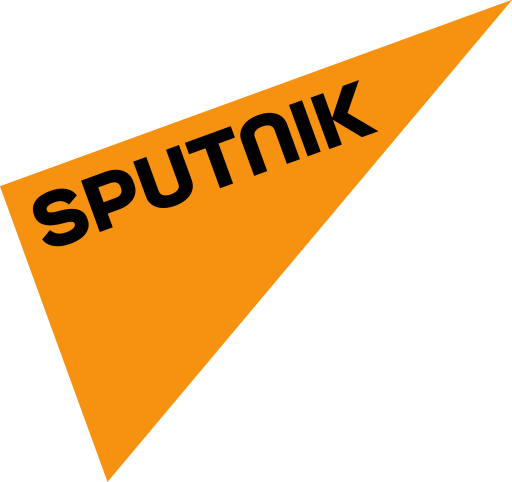 4 months ago
31
4 months ago
31
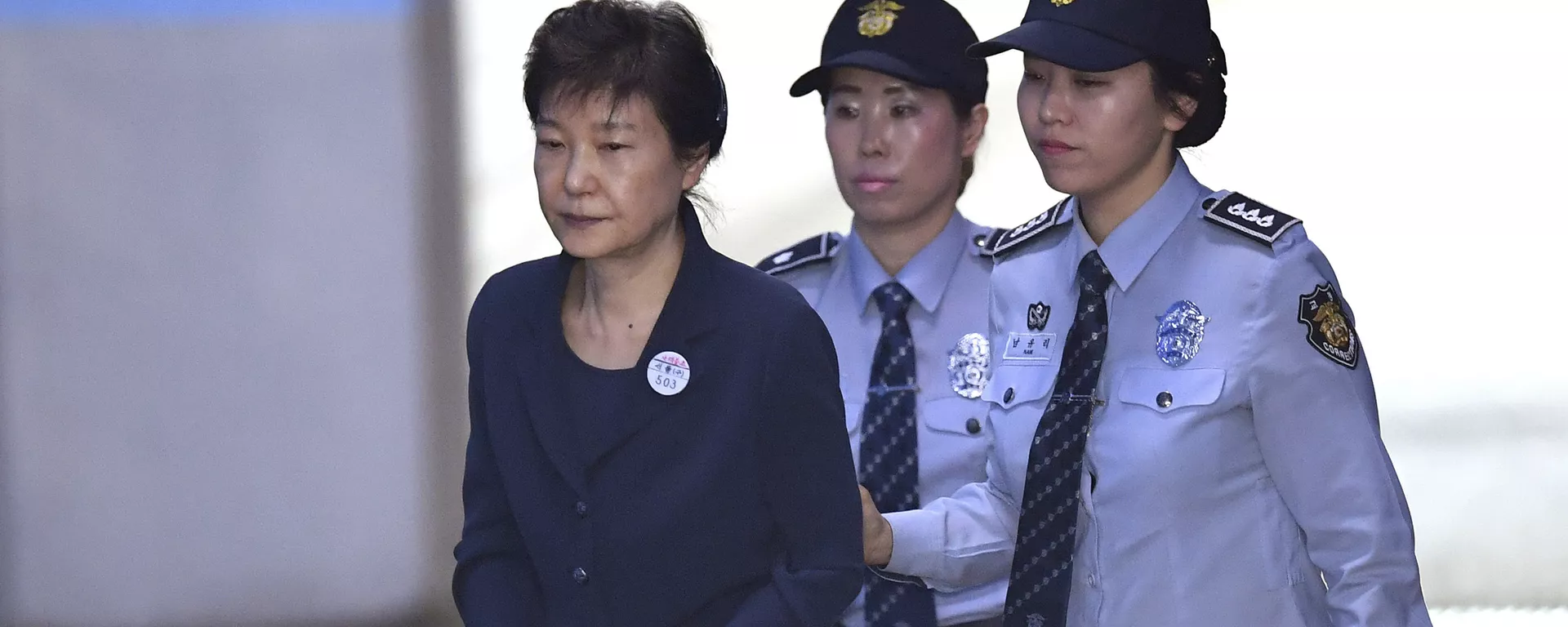
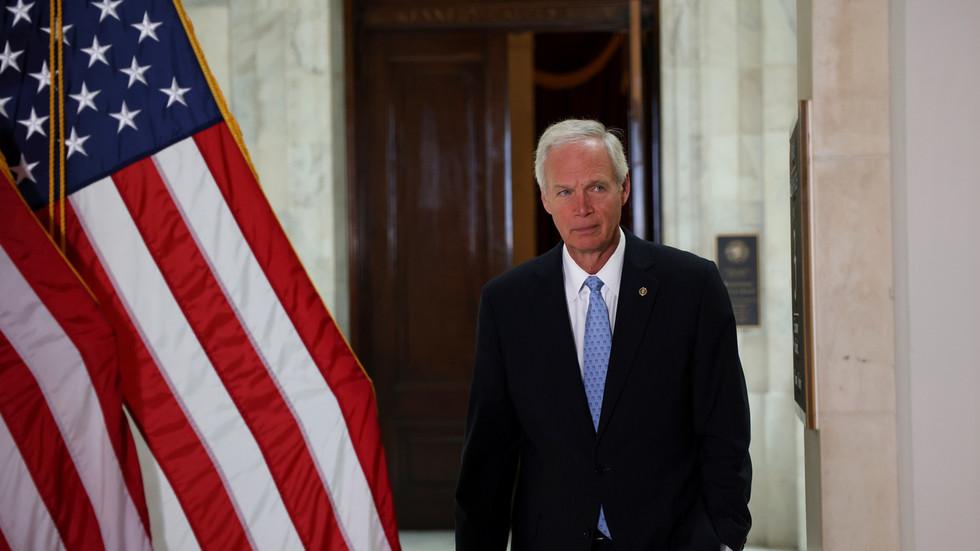
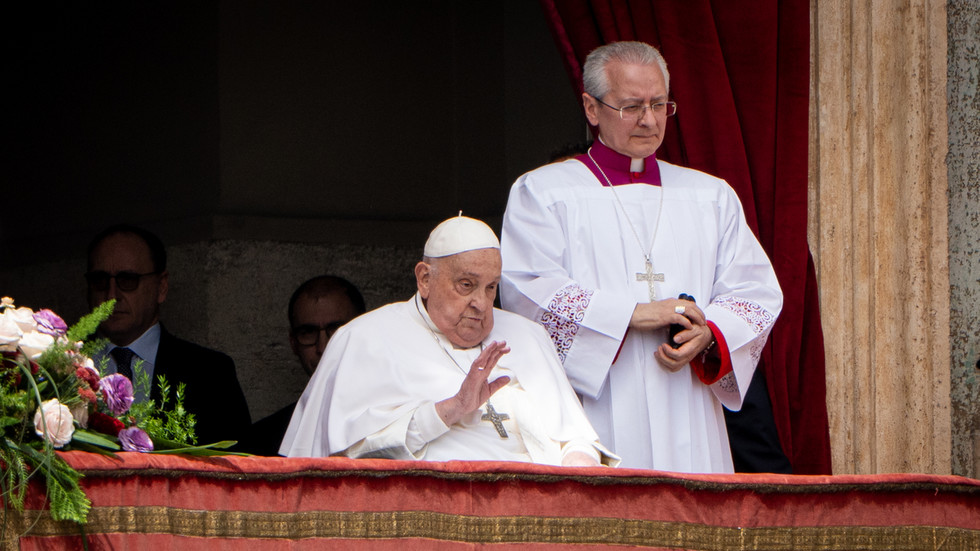
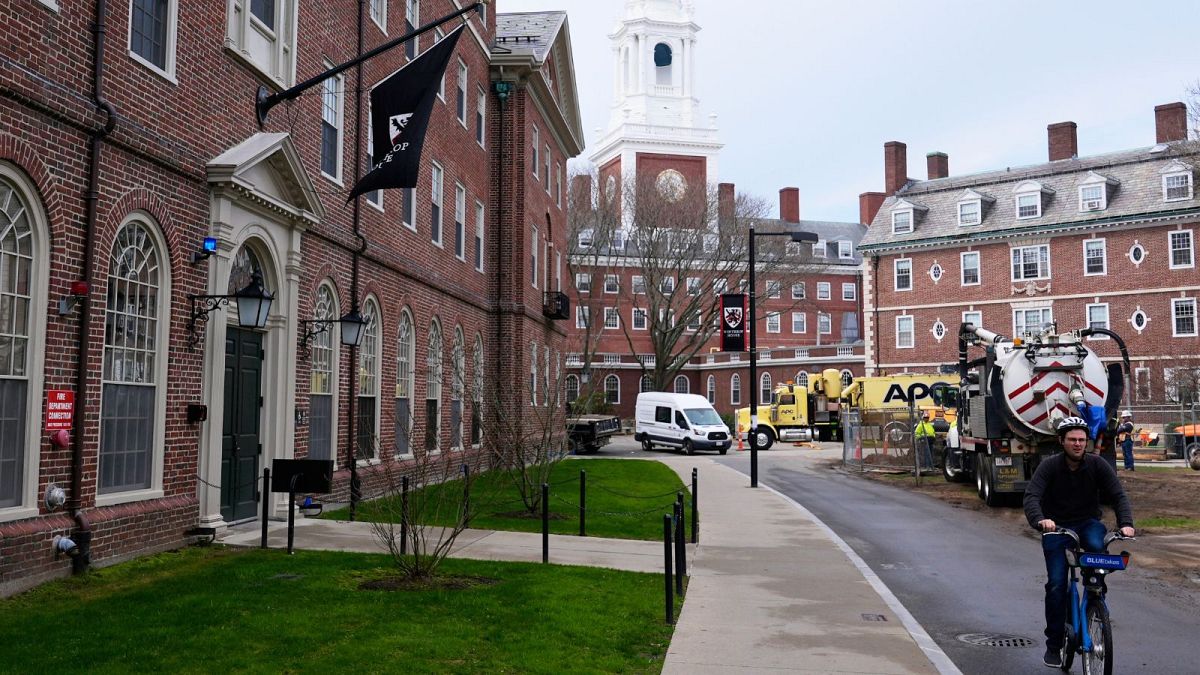
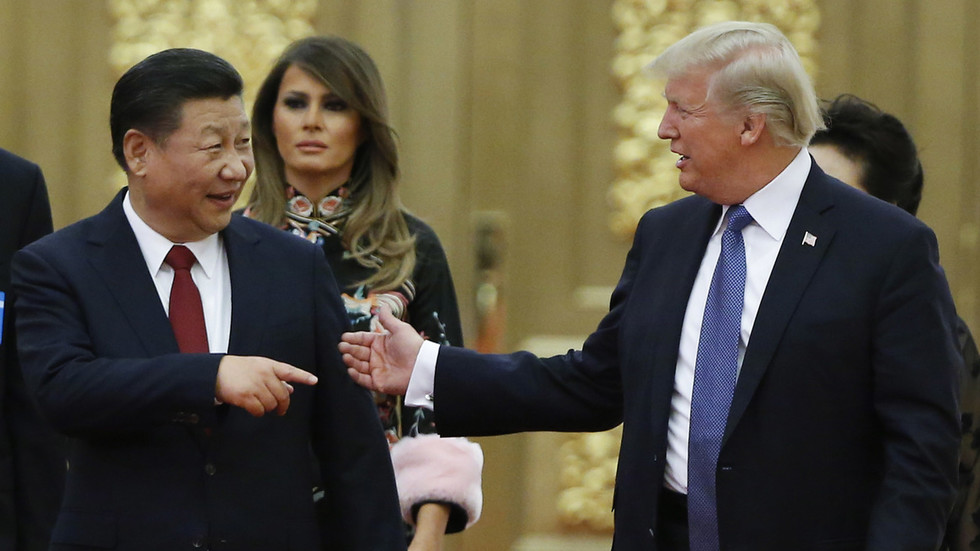
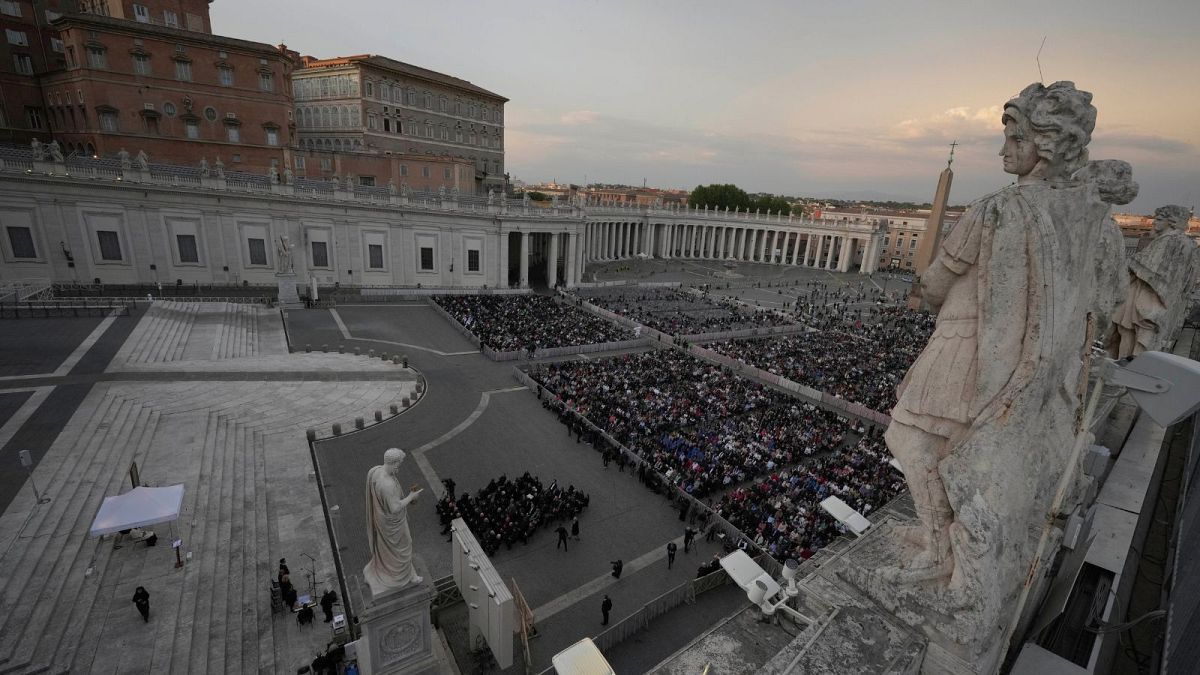
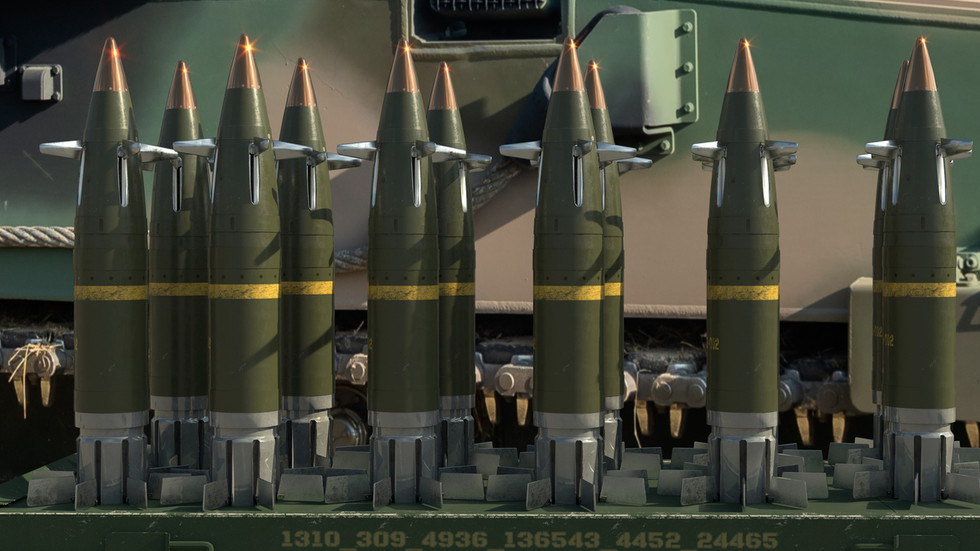
 We deliver critical software at unparalleled value and speed to help your business thrive
We deliver critical software at unparalleled value and speed to help your business thrive






 English (US) ·
English (US) ·